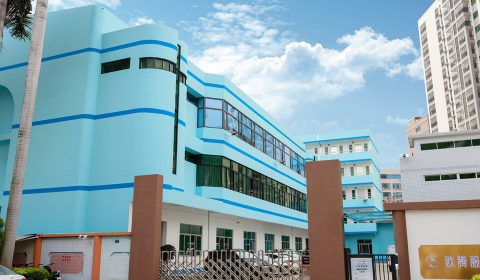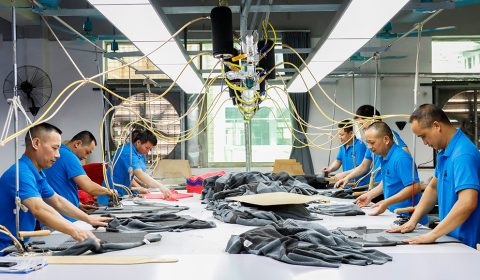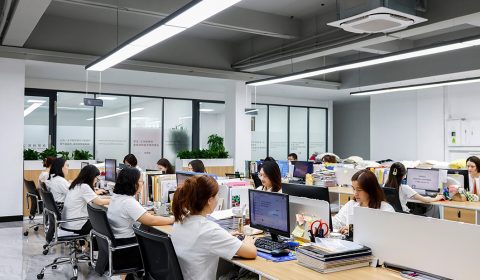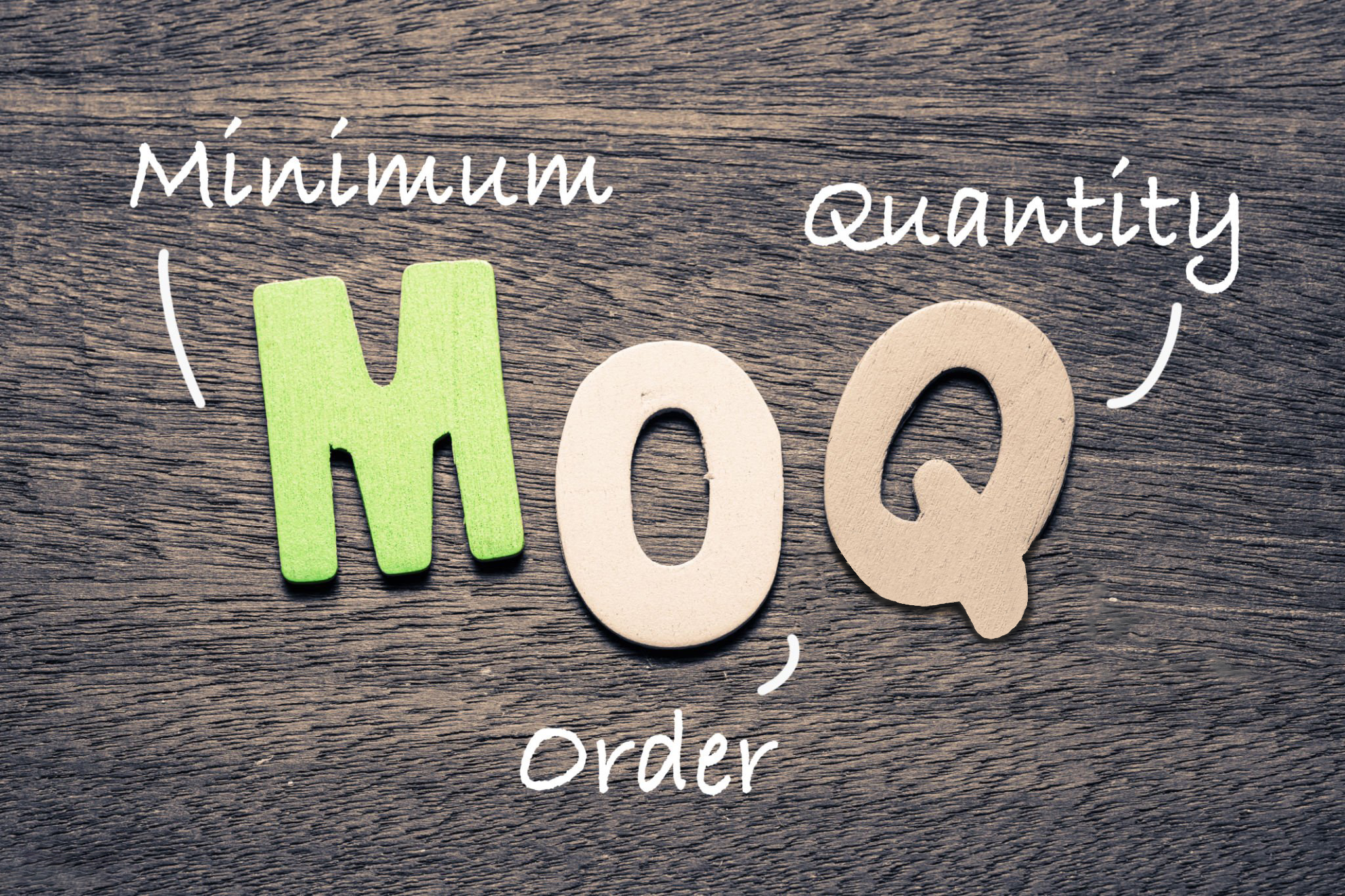In the contemporary fashion world, the rise of retro style reflects, to a certain extent, people’s nostalgia for the past and the pursuit of classics. Especially in the field of knitting design, the return of retro style presents a unique charm and appeal. Design elements and styles of the past are rediscovered and given new life, becoming a source of inspiration for contemporary designers. The retro style gives off a strong nostalgic atmosphere, and the soft texture of knitting skills complement each other, making the retro style highly sought after in contemporary knitting design.
Retro style and its historical background
Retro style, as the name suggests, refers to the reproduction and imitation of the style of the past era. It is not a simple copy of the past style, but by reinterpreting and reshaping historical elements, combining them with modern aesthetics, to create a novel design style. The concept of retro style first appeared at the end of the 20th century, and one of the reasons for its popularity is the reflection on the rapid development of the contemporary era and the return to traditional culture. Each period in history has its unique style characteristics, and the retro style is to bring these characteristics back to the current design, giving it new life and meaning.
One of the main characteristics of retro style is its ability to evoke nostalgia and emotional resonance for the past. By employing period-specific design elements such as vintage prints, nostalgic hues and vintage patterns, designers are able to create a unique historical atmosphere in contemporary pieces. This kind of nostalgia can not only make people feel the beauty of the past, but also respect and inherit the history and culture.
Another distinguishing feature of the retro style is its unique design elements and craftsmanship. In retro style design, ancient craft techniques are often used, such as handmade fabrics, hand embroidery, hand dyeing, etc., as well as traditional textile techniques, such as knitting and knitting. These traditional techniques not only give the works a unique texture and quality, but also convey the temperature of history and humanistic feelings. At the same time, retro style design elements also include classic clothing styles, retro patterns and retro accessories, such as vintage buttons, antique jewelry, etc., these elements are an indispensable part of retro style design.
By re-interpreting history, retro style combines the beauty of the past with modern fashion, forming a unique design language. Its rich and diverse features and elements not only enrich the expression of contemporary design, but also provide an opportunity for people to have a dialogue with the past, making the design work more cultural connotation and sense of The Times.
Retro style reappearance and recreation
In contemporary knitting design, the reproduction of retro style has become a trend pursued by designers. The reproduction of retro style means that the classic elements of the past are re-presented in contemporary design works, so that it is full of new vitality. This reproduction is not a simple copy of the past design, but through the in-depth mining of history and culture and the understanding of contemporary aesthetic, the classic elements are re-interpreted and combined to meet the needs of contemporary consumers for unique and emotional resonance. By artfully combining the past and present, the designers have created knitwear that is both traditional and contemporary, breathing new life into the retro style.
Contemporary designers’ reinterpretation and innovation of retro style is an important way to combine traditional elements with contemporary design concepts. Through the re-exploration and innovation of traditional knitting techniques, they make the retro style radiate a new charm in the contemporary era. This innovation is not only reflected in the design elements, but also in the use of materials, processes and technologies. For example, some designers combine traditional hand-knitting techniques with modern digital design to create highly personalized and innovative knitwear. At the same time, they also make bold experiments in color matching, pattern design and tailoring, and perfectly integrate retro style with contemporary trends, bringing new surprises and vitality to the fashion world.
This re-interpretation and innovation not only inject new era connotation into the retro style, but also bring more colorful expression forms to the contemporary knitting design. Through the reconstruction and innovation of the retro style, the designers not only continue the essence of the traditional culture, but also inject new vitality and vitality into the knitting design, so that it is more in line with the aesthetic needs and lifestyle of the contemporary people.
The place of retro style in fashion trends
Retro style plays an important role in the fashion trend, and its status not only stems from its unique charm, but also lies in its far-reaching influence in the history of fashion. First of all, the retro style has injected unique historical feelings and cultural connotations into the fashion industry. Through the reproduction of the design elements and styles of the past era, people are not only pursuing fashion, but also tracing the memory of history and feeling the life and cultural atmosphere of different eras. This emotional resonance has given retro style a unique place in the fashion industry, becoming one of the favorite choices of fashion designers and consumers.
Secondly, the unique personality and taste displayed by the retro style in the fashion trend is also the embodiment of its status. In today’s fast-paced fashion market, people desire to be different and pursue personalized expressions. The retro charm and classic elements of the retro style are often able to attract consumers who pursue unique tastes. Different from the mainstream fashion’s bland and pursuit of novelty, retro style brings a unique historical charm and personalized expression, so it occupies a unique position in the fashion trend.
In contemporary fashion design, the fusion of popular elements and retro styles has become a common trend. This fusion is not only a simple reproduction of history, but also a perfect combination of tradition and modernity. First of all, the introduction of modern pop elements gives the retro style a new fashion connotation. For example, adding the current popular patterns or colors to the retro knitting design makes the traditional retro style glow with a modern sense and attract more young consumers. This fusion not only retains the classic charm of the retro style, but also gives it a fashionable atmosphere with The Times.
Secondly, advances in technology and materials have also made it possible to integrate retro styles with contemporary popular elements. Modern production processes and materials allow designers more flexibility to combine vintage styles with contemporary elements to create more creative and functional pieces. For example, using advanced knitting technology and new materials, retro-style patterns or designs can be incorporated into lighter and more comfortable clothing to meet modern needs for both fashion and comfort.
To sum up, the fusion of contemporary popular elements and retro style is not only a trend of fashion design, but also a perfect combination of tradition and modernity. This integration has not only enriched the diversity of the fashion industry, but also brought consumers richer choices and more personalized fashion experiences.




 English
English Deutsch
Deutsch Français
Français Italiano
Italiano Español
Español Русский
Русский Polski
Polski Nederlands
Nederlands Svenska
Svenska

